The universally infectious reggae: human & divine, sacred & secular, timeless & timely, soulful forever.
Videos by American Songwriter
Some music is just plain irresistible. As Bob Marley once sang in “Trenchtown Rock” – “When it hits you feel no pain.” Rhythm and melody have the power to reach us like nothing else and to lift the soul from the depths of darkness and despair, unless, of course, we are beyond all hope. It can even, as some claim, help make us smarter. The intricate Baroque compositions of J.S. Bach work on the human brain like nimble fingers, massaging, releasing whatever dormant sparks of intelligence that lay deep within the crevices of our gray matter. It’s nearly impossible to remain thick as a clod when our ears are being tickled by the magnificent mathematics of the master’s eternal fugues.
The same could be said for the illuminated improvisations of alto saxophonist Charlie Parker. Exposure to this degree of brilliance reflexively kickstarts the mind, like shining a 3000-watt flashlight into the dark, musty caves of our slumbering consciousness. Just try keeping up with Bird for a minute or two, whether talking, dancing, drawing or knitting. The pace and articulation of that supercharged (some might say nerve-wracking) bebop is sure to have an exhilarating effect on you. It’s kind of like watching some young Olympian on the balance beam. You know you could never do that in a million years, but, at the very least, it might cause you to sit up straight for a few minutes while munching potato chips on the sofa.
While funk has the power to make your skeleton jump, its cousin, gangsta rap, often comes on too heavy-handed, berating us with materialist-obsessed, misogynist lyrics. What began as a politically-charged message music, with an honorable lineage of provocative rhymes passed on from socially-minded bards from Woody Guthrie to Gil Scott-Heron to Rakim, (who refused to “work blue,” and kept keeping his lyrics clean). Stuck on itself, the worst of what rap has to offer morphed into narcissistic, self-aggrandizing slop, until eventually collapsing under the weight of its own bling.

But, as Bob Marley taught us: “Reggae is another bag.”
Although its lyrics most often depict the struggle that “Jah people” have endured for years living in the racist, dehumanizing conditions of “Trenchtown,” the ghetto neighborhood of Kingston, Jamaica, Reggae’s infectiously happy rhythm works like a powerful antidote that seems (at least temporarily) to banish all of life’s misery. Or at the very least, to get thousands of stoned middle-class white kids to shuck and jive despite a cryptic creed they’ll never understand.
A good friend of mine, an armchair defense analyst, has a theory that the best way to disarm hate-fueled fundamentalist terrorist groups like Isis and the Taliban is to deploy the Air Force to dust them with thick clouds of marijuana smoke, then bomb them with brownies, while repeatedly playing an endless tape loop of Bob Marley’s “One Love” at full blast. If that doesn’t get them to “lively up themselves,” she is certain that nothing will.
Reggae (like the blues) quickly became an international language, appreciated far and wide, around the globe. Its universal appeal lies with the music’s amazing ability to reorganize our molecular structure. Try having an argument or holding onto any negative emotions while listening to “Jamming.” It’s impossible. You must make a determined effort to remain angry while struggling to not succumb to its irresistible groove.
To paraphrase the brilliant and caustic author William S. Burroughs – “If, after spending time with a person, you feel as though you’ve lost a quart of plasma, avoid that person in the future.” As the shaman, medicine man, or (as in the title of the album’s opening track) the “Natural Mystic” of the tribe, Marley’s Rastaman vibration works like a mojo, a sonic talisman, the perfect cross that renders powerless the energy-sucking vampires of our daily lives. Although he was the last member of the Wailers to wear dreadlocks and adopt the various aspects of Rastafarian life, it soon became Marley’s M.O. to do battle with the mad, money-hungry machinery of “Babylon.” Like Moses, Marcus Garvey, and Tenzin Gyatso (the 14th Dalai Lama, whose name literally means “defender of the faith”) before him, who all lead their people through a series of severe trials and tribulations, towards a new vision of hope and prosperity, Marley also became something of a messianic figure.
While earlier titles like Catch a Fire and Burnin’ evoke lighting up a fat spliff of sacred herb or burning down and looting neighborhood, you immediately knew that an album called Exodus, with its biblical reference was not to be taken lightly. Nothing small or insignificant could be named Exodus, certainly not after Leon Uris’s 1958 literary milestone, the 600-page best-seller about the creation of the state of Israel. So, Bob was clearly drawing a line in the sand.
Following the split of the original Wailers in 1974, his former partners, guitarist/songwriter Peter Tosh and percussionist Bunny Livingston began focusing on their own careers. Marley would relegate the remaining Wailers to back-up band status and release his first (and most popular) “solo” album, Natty Dread. Tony Wright’s iconic cover image of Bob clearly evoked the famous portrait of the revolutionary martyr Che Guevara boldly gazing into the distance.
Inspired by the Emperor of Ethiopia, Hailee Selassie, AKA “the Lion of Judah,” the prophet of the Rastafarian faith who the Wailers called “a living god” in their 1973 hit “Get Up, Stand Up,” Marley began to assume a rather pious air.
With a clutch of backup singers dubbed the I-Threes, (which included his wife, Rita) responding to his every bleating call, both Bob’s records and live shows became more gospel-like. Marley even incorporated Curtis Mayfield’s moralistic hymn “People Get Ready” (first recorded by the Impressions in 1965) into his warm-hearted peace prayer “One Love.”

The record’s title, Exodus was originally inspired as a cynical retort to Prime Minister Michael Manley’s campaign slogan which assured the Jamaican people, “We know where were going.” But Exodus would take on a more significant meaning following an unsuccessful attempt on the singer’s life, on December 3, 1976, (in which his wife, Rita was also shot and sustained serious injuries but miraculously survived). Despite bullets grazing his chest and puncturing his arm, Bob appeared at the Smile Jamaica concert, singing for a crowd of nearly eighty thousand fans just two days later.
“The people who are trying to make this world worse aren’t taking a day off. How can I?” Marley said defiantly. None-the-less this near-death experience finally pushed him to flee his home and migrate to England. Once ensconced in London, Bob began recording his ninth album with a new band that contained none of its original bandmates.
Released June 3, 1977, the ten new songs effortlessly bounced back and forth between the sacred and the secular. It made no difference to Bob, who, like Allen Ginsberg author of infamous poem “Howl,” believed that “Everything is holy,” whether delineating about politics, advocating Rastafarianism or singing of the lust-charged courtship ritual of “Waiting in Vain.”
But sadly, Marley didn’t find life in London much easier. Harassed by the police and eventually busted for small amounts of ganga (considered a sacrament amongst Rastas) Bob, Rita, their family and band members returned from British exile within just two years of leaving Jamaica. While he found the lack of English hospitality disheartening, his music, not surprisingly, fared much better, with Exodus remaining on the British charts for the next year. The new album produced four hit singles, including the title song, driven by a funky Stevie Wonder-style clavinet, the easy grooving “Waiting in Vain,” “Jamming,” and “One Love,” which eventually became the anthem of the Jamaican tourist board.
Forty years later, as new lows in human corruption and greed stun us on a daily basis, perhaps Marley’s simple message: “Let’s get together and be alright” is needed now more than ever.

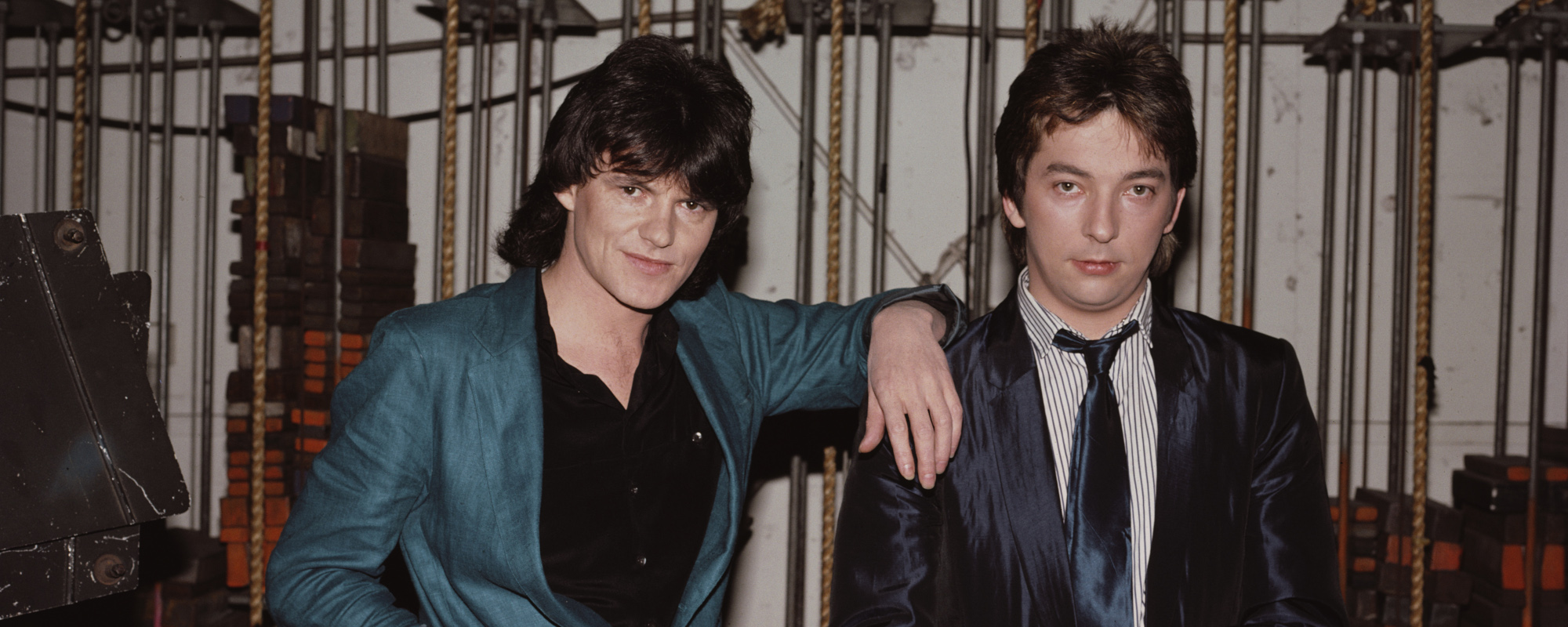
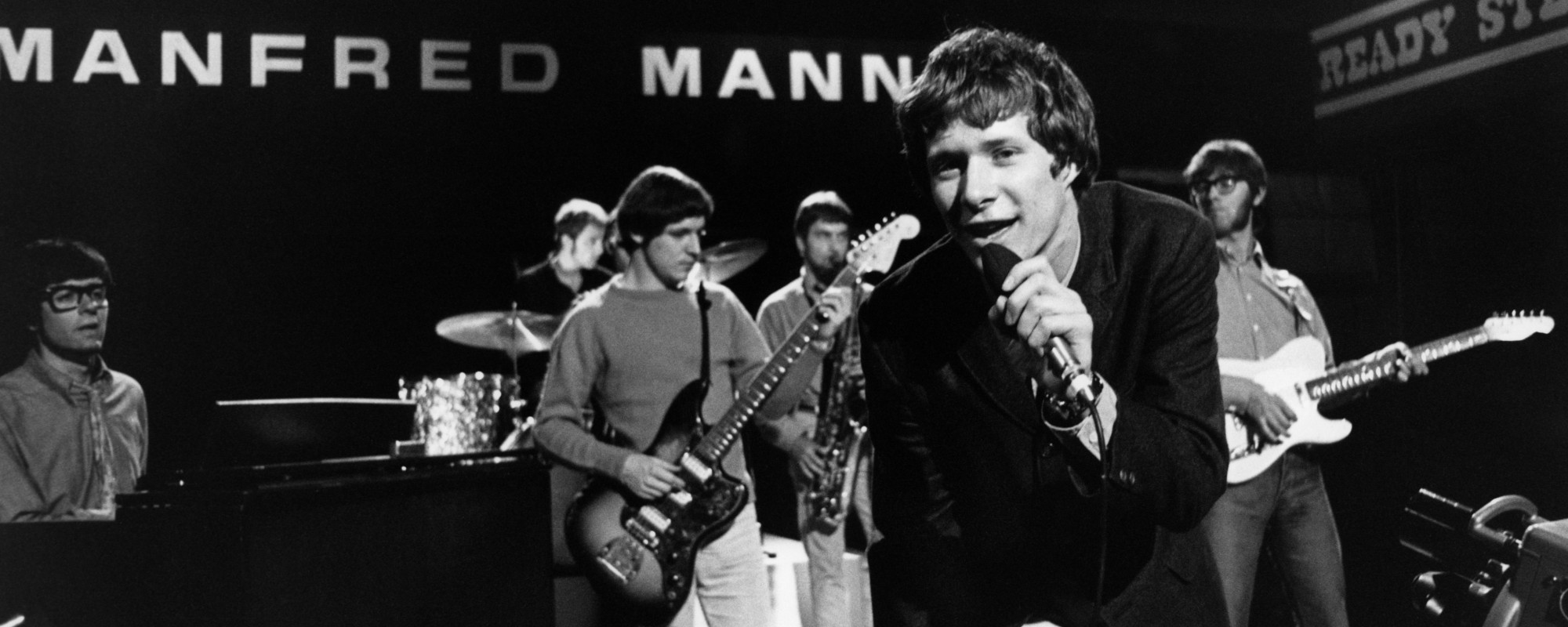
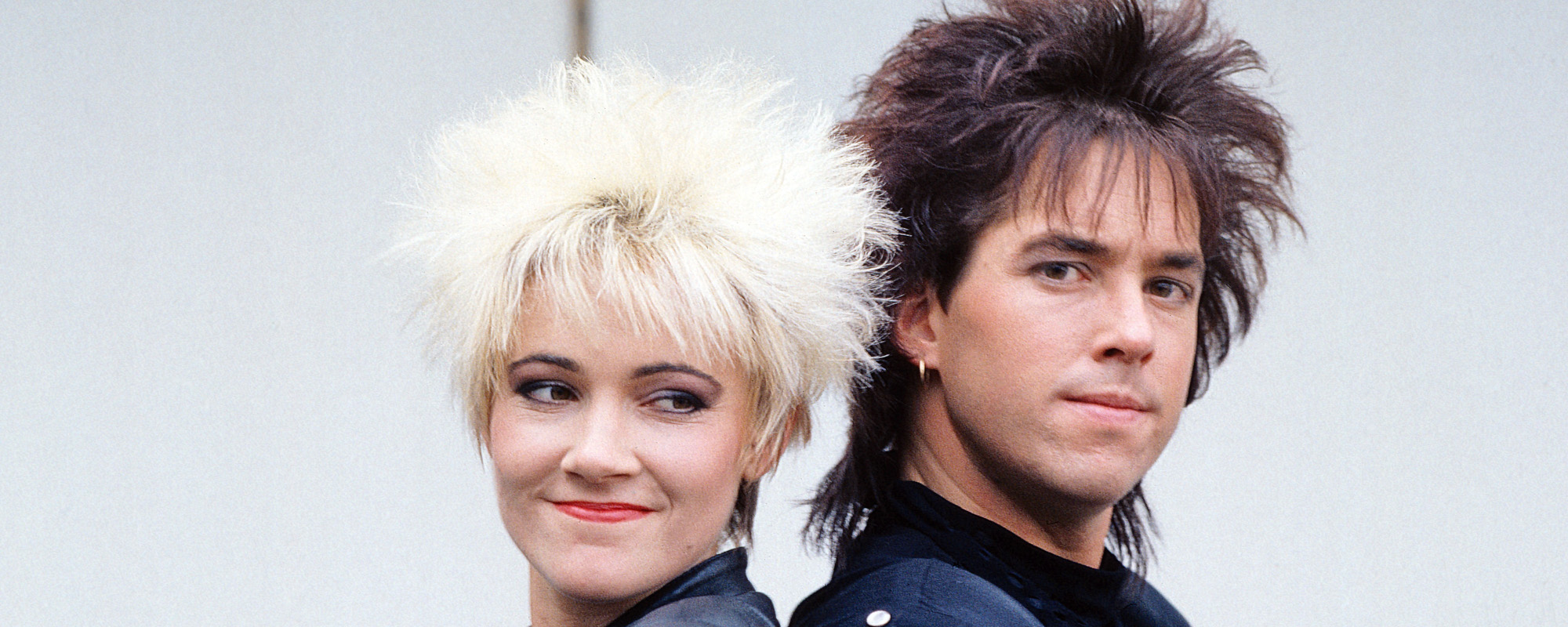
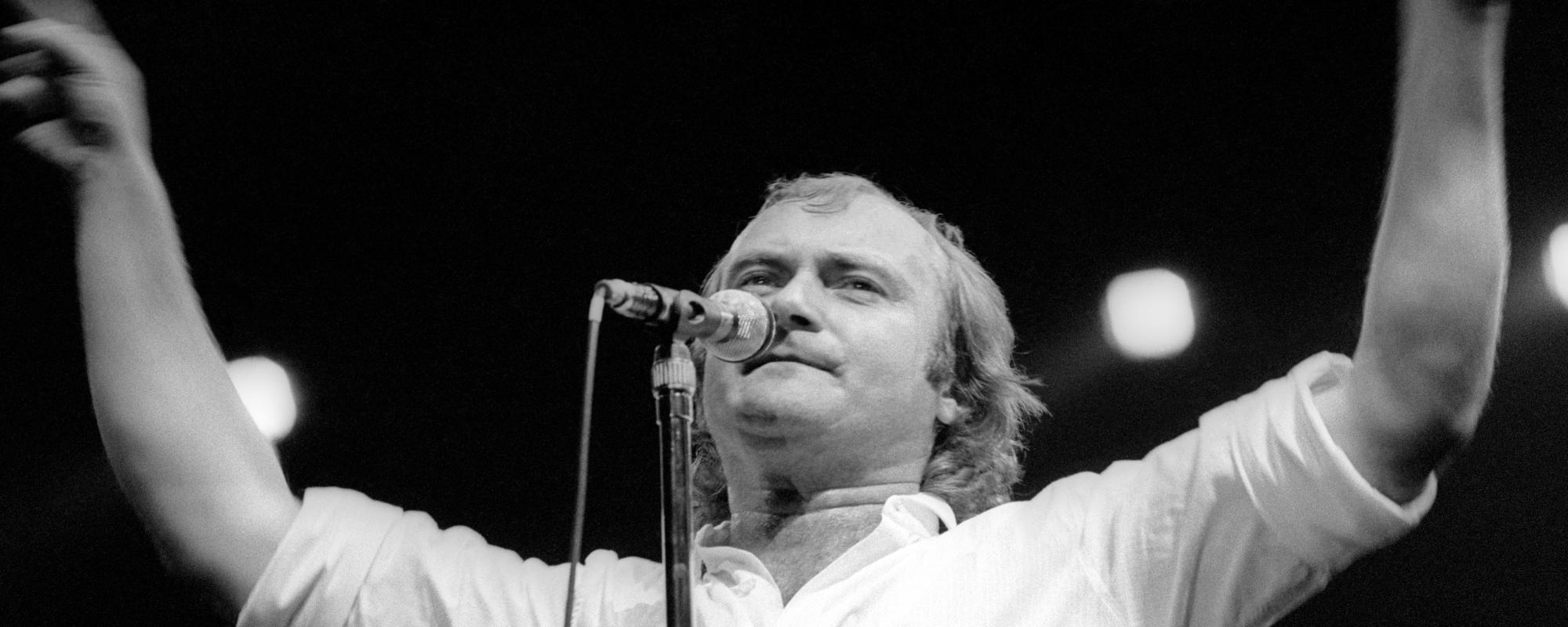
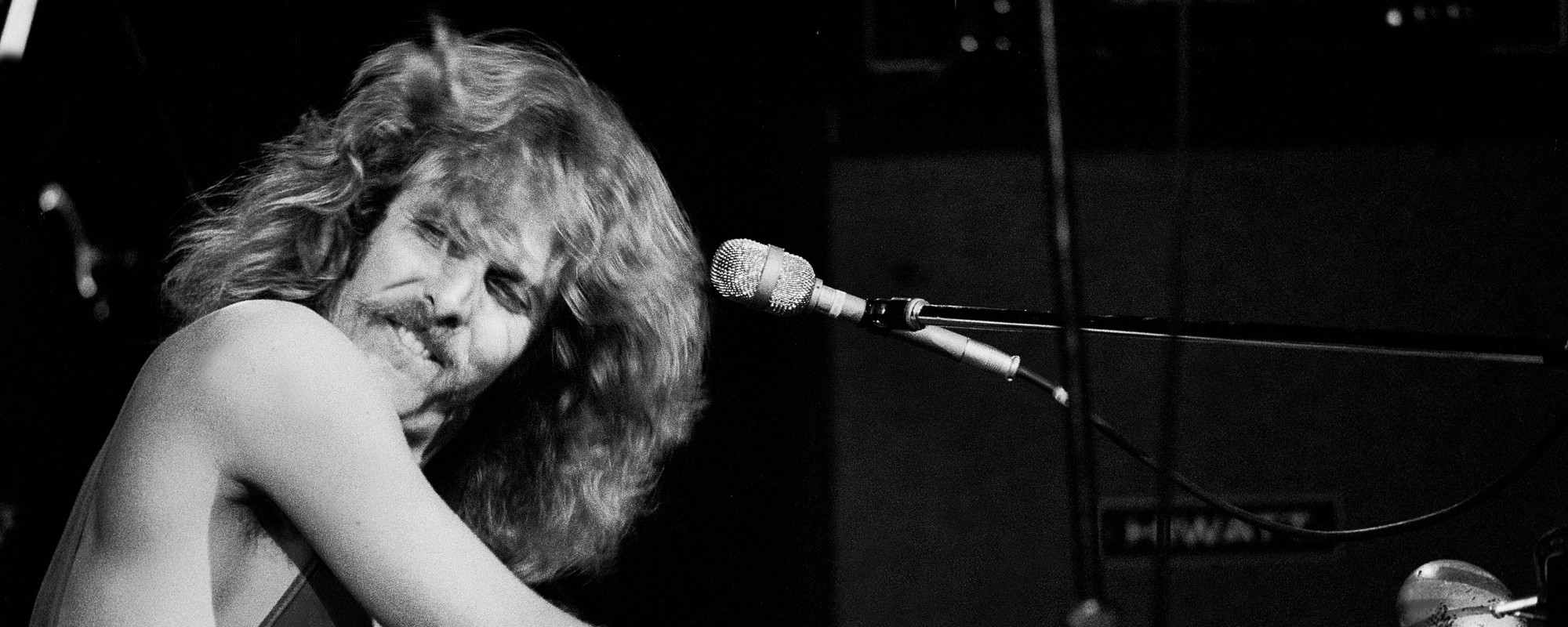

Leave a Reply
Only members can comment. Become a member. Already a member? Log in.